 In Pakistan, history is repeating itself again. It’s a déjà vu moment and the Pakistanis are watching the unfolding events with their fingers crossed. Whatever is happening proves one cardinal rule; mediocre leadership, with focus on personal vendetta and narrow political interests, cannot grow. Only yesterday, a journalist predicted that Prime Minister Nawaz Sharif was planning to make Jehangir Karamat out of his hand-picked army chief, Gen. Raheel Sharif.
In Pakistan, history is repeating itself again. It’s a déjà vu moment and the Pakistanis are watching the unfolding events with their fingers crossed. Whatever is happening proves one cardinal rule; mediocre leadership, with focus on personal vendetta and narrow political interests, cannot grow. Only yesterday, a journalist predicted that Prime Minister Nawaz Sharif was planning to make Jehangir Karamat out of his hand-picked army chief, Gen. Raheel Sharif.
Jehangir Karamat was the army chief when power-drunk Nawaz Sharif [Unlink], encouraged by cronies and close relatives, sacked him for no reason. He wanted to demonstrate, in Lahori-Kashmiri style, his contempt for the most power institution of the state, an institution which made the mistake of making a politician out of him. He then appointed Musharraf and when the latter was in the middle of his tenure, and his home-bound international flight, Sharif struck again and dismissed him. The rest is history.
Not only army chiefs, Sharif has a history of seeking confrontation with other institutions, president and the chief justice, so much so that he had the Supreme Court attacked and vandalized in 1997 to deal with a top judge who was adamant at prosecuting him for contempt. The judge had to go as did the president who felt humiliated.
When Sharif was sworn-in as a third-time prime minister, people genuinely expected that after having spent 14 years in political wilderness, he would have attained maturity and demonstrate some semblance of statesmanship. He proved everyone wrong and with less than a year in office, he started daring the armed forces through different means, and through more mediocre political nobodies. He unilaterally decided to enter into dialogue with terrorists who have blood of 70,000 Pakistanis on their hands. He gave them concessions; the most disgusting of these was surrendering the sovereignty of the state and giving them their much desired recognition of a stakeholder of peace in Pakistan. He ordered unilateral release of hardened terrorists and has promised to release more.
As if this was not enough, he initiated legal proceedings against Musharraf to get even with him at the moment when his government had utterly failed to deal with terrorist attacks on the eve of Aashura. Apart from the fact that Musharraf trial is selective, smacks vendetta and has become laughable, his team started bashing army; an army which is at war. Those laying down their lives for the defense of the country were upset and apprehensive at all these moves. They were genuinely fearful that at the time when they are offering supreme sacrifices, the prime minister was busy stabbing them in the back. It was at this moment that army chief had to pacify his soldiers saying army would protect its honor and prestige at all costs.
Was this a veiled warning? Will Sharif do some damage control or will he repeat what he has already been doing? A part of the media is busy creating further misunderstanding between him and the army, painting Gen. Raheel as a villain. The very same media is already busy in army-bashing on one pretext or the other.
For Pakistanis, it’s a déjà vu moment again.
Courtesy: ALLVOICES
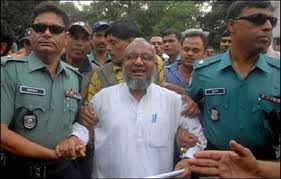
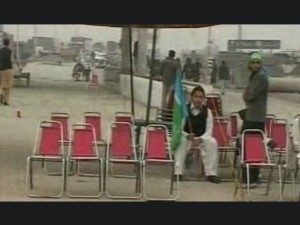

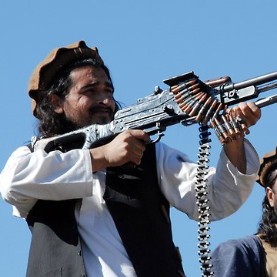
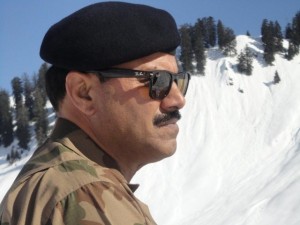
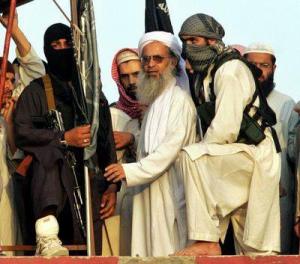
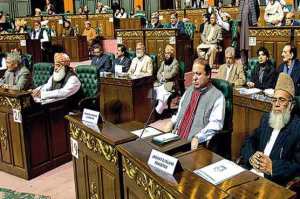
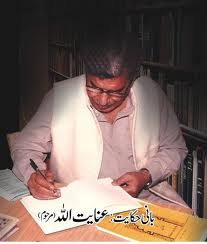

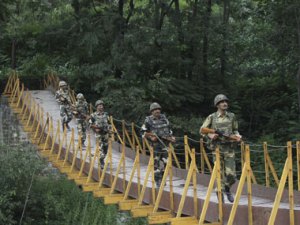
Recent Comments